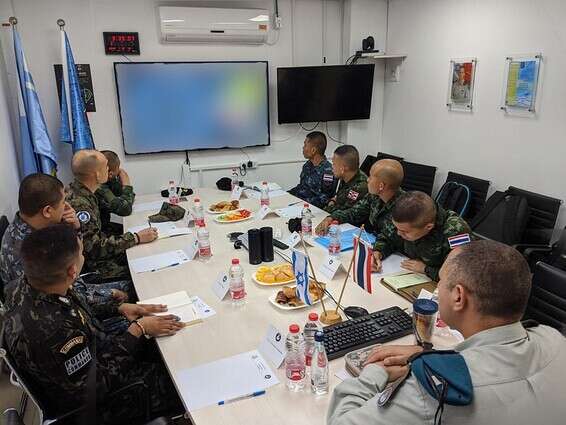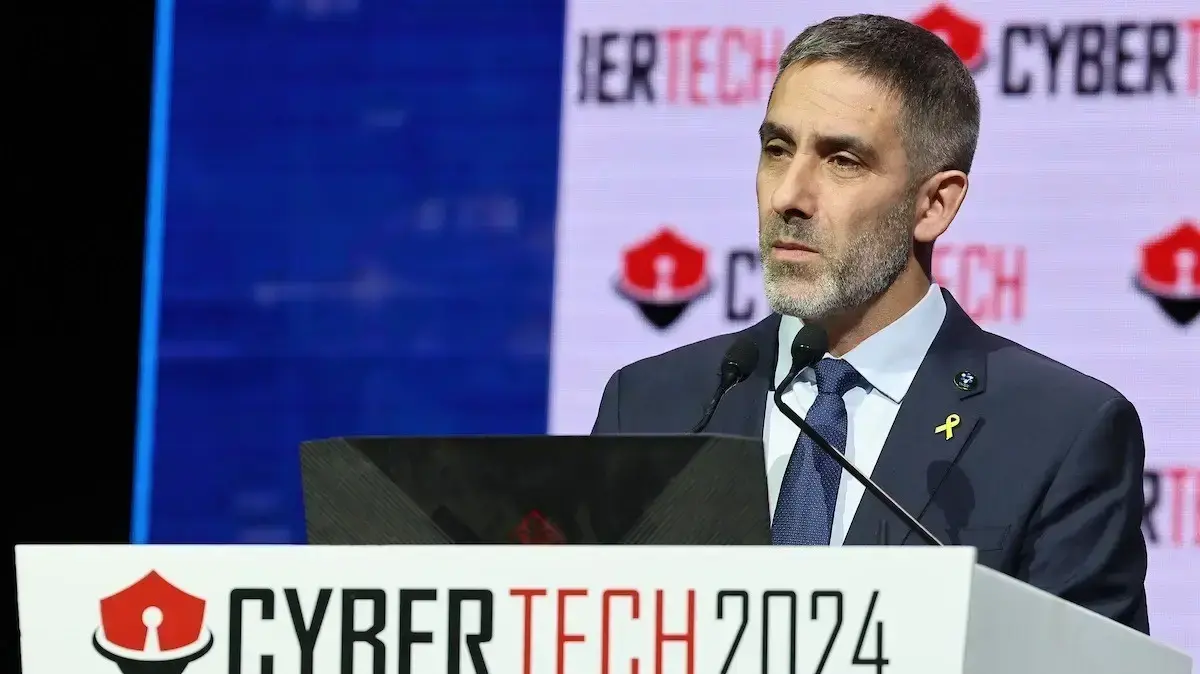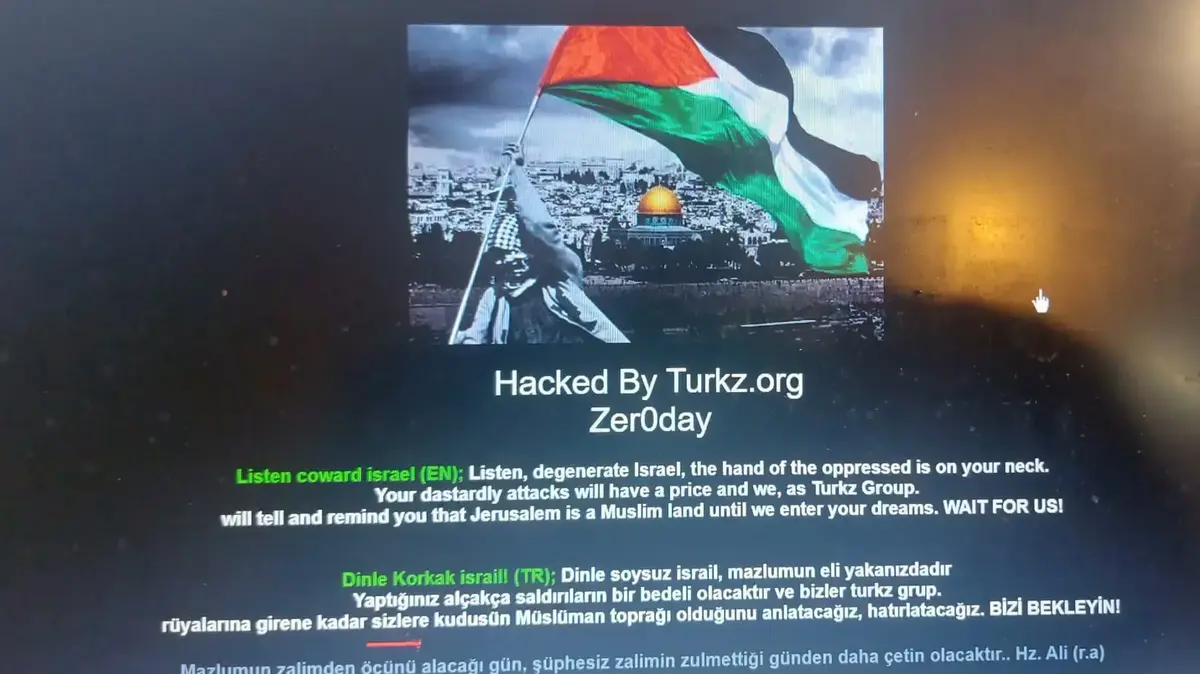Thai security personnel reached IDF cyber trainer and exposed to classified scenarios • Lieutenant A: "Collaborate, learn various methods of operation"
This week, the ICT conducted a first exercise of its kind with technology personnel from a number of Thai security agencies, during which they trained on a variety of cyber protection operational scenarios. Thai security officials have reached out to cyber trainer, one of the world's largest, with the aim of maintaining their operational competence and raising the IDF's readiness for a digital confrontation with enemy states or hackers who wish to carry out network terrorism and harm Israel in this way.
"The cyber threat has become a global trend, and there is hardly any country in the world that does not invest money and capability in protecting its digital conferences - the more technological the country, the greater the challenge," explains Lieutenant Colonel A. of the Communications Division. He explains that the scenarios, which cannot be elaborated because they are classified, are built according to the ability of each country to enable them to succeed and learn, rather than to over-challenge them. "I cannot give a grade to the state," he says cautiously, because any statement could cause a diplomatic incident. "They were facing the scenarios they faced. Are they at the level of capabilities and competence of the cyber defenders in the IDF? The IDF also has different levels. They were of a good standard and met the challenges. "
The cyber trainer was built in 2018 with the aim of training cyber defenders in a variety of scenarios, in order to maintain their operational competence. "The biggest challenge in technology is the relevance - that the scenarios will be similar to the operational routine on the network and the digital workspace - that the protectors have the relevant toolkit to deal with the scenarios that can be feasible," explains Lt. A. No matter what color of uniform, His, ”is required to undergo periodic coaching with the coach.
As one of the world's leading cyber armies, the IDF enjoys quite a bit of prestige on the subject, and many armies are knocking on its door to learn from it. Adapt the different scenarios to the host country, as there is no purpose in shaming them or causing them to "sit with glazed eyes," as Colonel A's definition, but to train them and learn from them other methods of fighting hackers.
Thai security forces in exercise // Photo: IDF Spokesman
"Nobody should be underestimated in defense and invest in resources, and our goal is to produce friction and learning. Our goal is that such training will end successfully and be an experience. We have no goal that people sit in front of the screen and do not know what to do. The Thai security personnel, if specific, definitely met We saw a group of people who looked admiringly at our cyber shields about how they react to the scenarios. It is an honor to the IDF and the soldiers. "
Cyber trainer work method is relatively fixed. Initially, they conduct integral training for the trained military personnel, and then joint training for Israel and the state's representatives. "We believe that through collaborative work you can learn about events and challenges. These things are not black and white, and can be done in a number of different ways in a specific scenario. Therefore, education with foreign armies allows us to learn a little differently and expand horizons. The IDF does not own world knowledge, and sometimes In touch, we discover new methods of doing things. "
In addition, there is another benefit of hosting countries for joint training. "As cyber shields, we want to have as many reservoirs as possible, partly because I don't know where the threat will come from. In 99 percent of cases, the threat will not come directly from the target country, but through a third state, so the collaborations make connections for a rainy day."
The cyber trainer scenarios are highly classified and cannot be detailed about them at all. Therefore, although theoretically exercises can be carried out over the network between different countries, do not actually do so in order not to reveal the security secrets and preparations of the State of Israel. "Our infrastructure is classified, and if I do a remote exercise I will join the other side in the scenario. There is a difference between seeing the scenario and getting the hardware. There is currently no situation for such activity."
Does the fact that armies are coming to Israel to learn proves that the threat is growing, Lieutenant Colonel A. is finally asked, and he answers with notable diplomacy. "The threat has increased in line with the evolution of technology. Can anything concrete be pointed out? No. Every advanced modern country also invests resources in infrastructure protection. "









